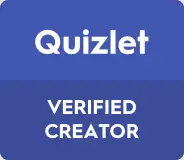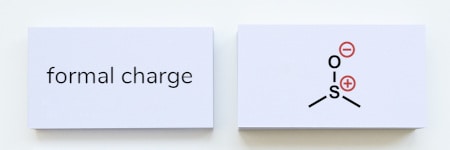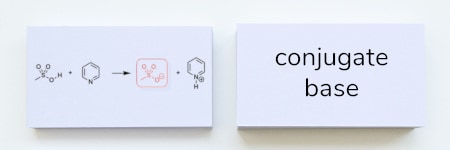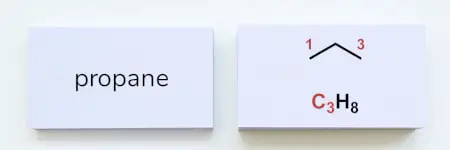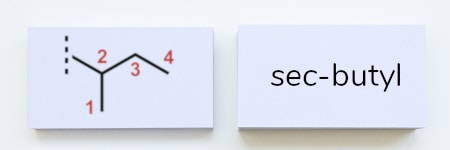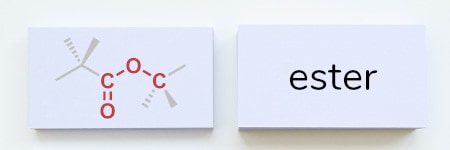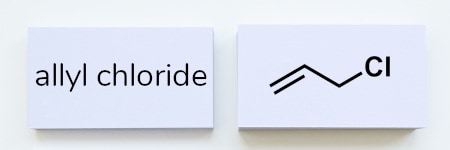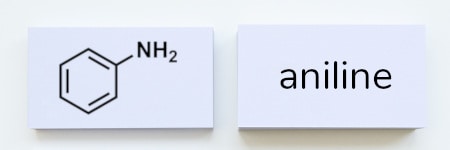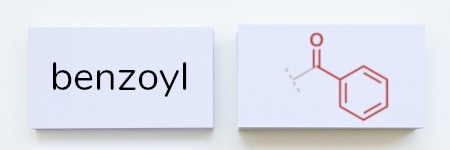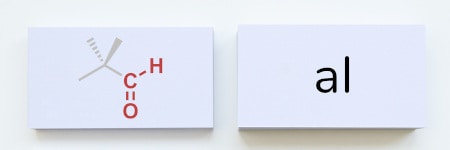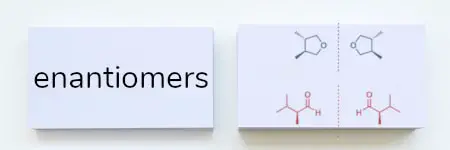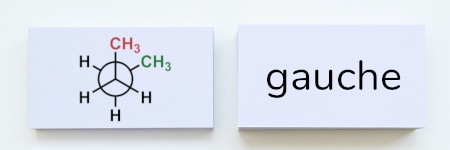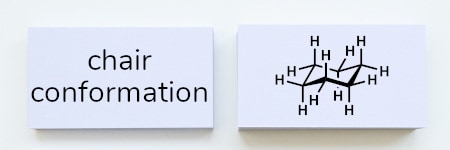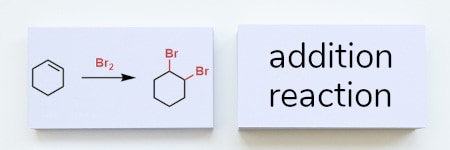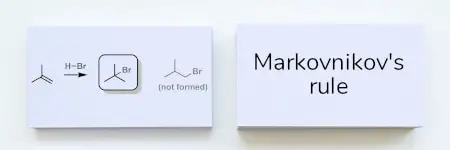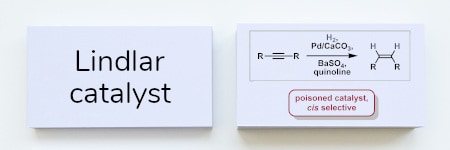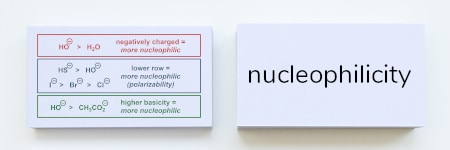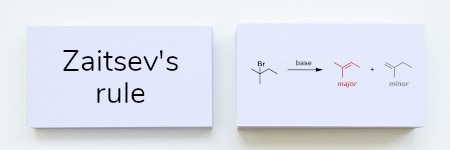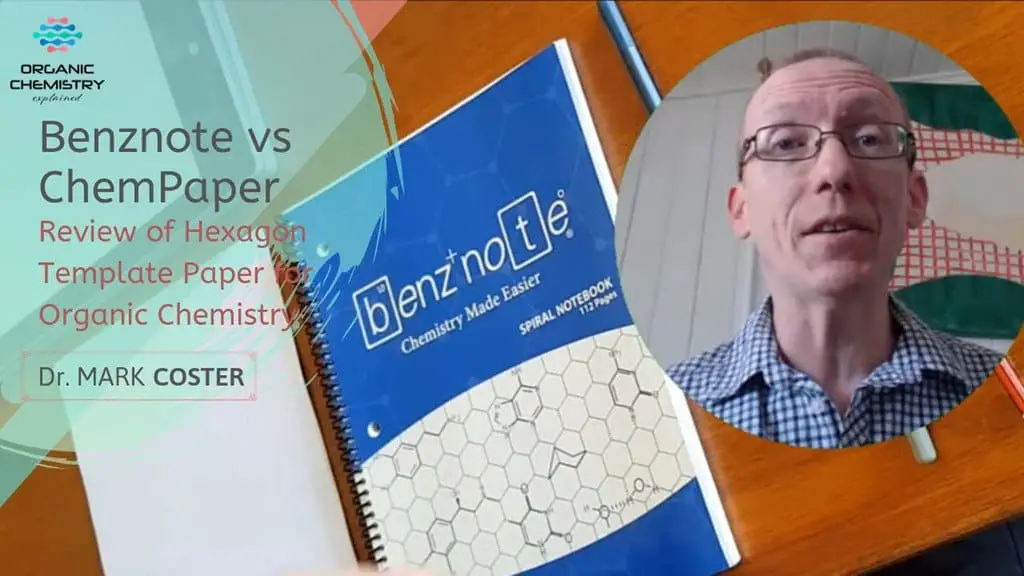Flash Cards for Organic Chemistry
I distinctly remember the turning point in my organic chemistry studies. It was mid-way through my first full Organic Chemistry course. I felt like I was drowning in reactions and mechanisms. There seemed endless! So, I wrote them all out on a large sheet of paper, and stuck it to the back of the toilet door (TMI?). Eventually, after repeatedly seeing all those reactions written out, the patterns emerged and it started to make sense. The good news is that you don’t need to re-decorate your water closet to get the same results! Flash cards to the rescue!
Things have been quiet here on the Organic Chemistry Explained blog, but the wheels of organic chemistry explaining have kept turning in the background! Just when I was about to ramp up content for this site, an opportunity came up to develop high quality study aids in partnership with Quizlet, the world’s largest student and teacher online learning community.
Flashcards for organic chemistry reaction mechanisms
While I’m the first to argue that rote-learning, by itself, is insufficient to succeed in organic chemistry, a big component of success is pattern-recognition. Just as with chess grandmasters, students who can spot patterns in organic structures and reactions are going to succeed. And as the story I led with illustrates, the best way to really learn these patterns is through repetition.
The quizlet study sets I’ve created are designed to help you master the most important concepts in organic chemistry. Importantly, this includes organic reaction mechanisms! I’ve distilled the important information down to the most vital concepts and presented them in the most visual, engaging and memorable ways possible. Incorporate these tools into your study, and you’ll stride into your exam with confidence!

My Quizlet study sets
This page shows all of the study sets I’ve created so far, arranged into folders. Here are the individual sets:
Some more background
I discovered Quizlet in the middle of my efforts to modernize my teaching last year. I’m really impressed with their platform, and it seems many other teachers and students agree, with over 50 million active learners on the site every month! If you aren’t familiar with the site, Quizlet provides a platform to create and use flash cards to help with study of any topic you’d care to study. On top of that, however, they keep the learning fun by allowing the content of those flash cards to be consumed in a variety of interesting ways. There are 8 different ways to use the content, including timed Match and Gravity games.
Although anyone studying organic chemistry can create a Quizlet set of flash cards, or use those developed by others, there’s a need for high-quality, curated content from verified experts in their particular fields. When I looked at the free, user-generated content, I often saw problems that I sought to rectify:
- poor quality
- lack of diagrams (essential for organic chemistry!!)
- outright mistakes
- incompleteness
- lack of focus
The lack of good diagrams was a biggie! I couldn’t imagine using flash cards to study organic chemistry that only present a word and a definition. Organic Chemistry is visual! How on earth do you learn reaction mechanisms that way? Pictures really do tell a thousand words. One diagram showing mirror image compounds gets to the heart of chirality better than any text description ever could. There’s also a big benefit in studying with well drawn diagrams – it avoids falling into bad habits, such as drawing ugly chair cyclohexanes.

But wait, there’s more!
This is really just the start. I think the later topics in organic chemistry will benefit even more from good quality flash cards. How are you going with nomenclature? Try reading my 7-step procedure for naming alkanes, then practice nomenclature with the flash and finally, put it all together with my alkane nomenclature practice problem.
Let me know what you think of these and what you would find useful in your studies!

